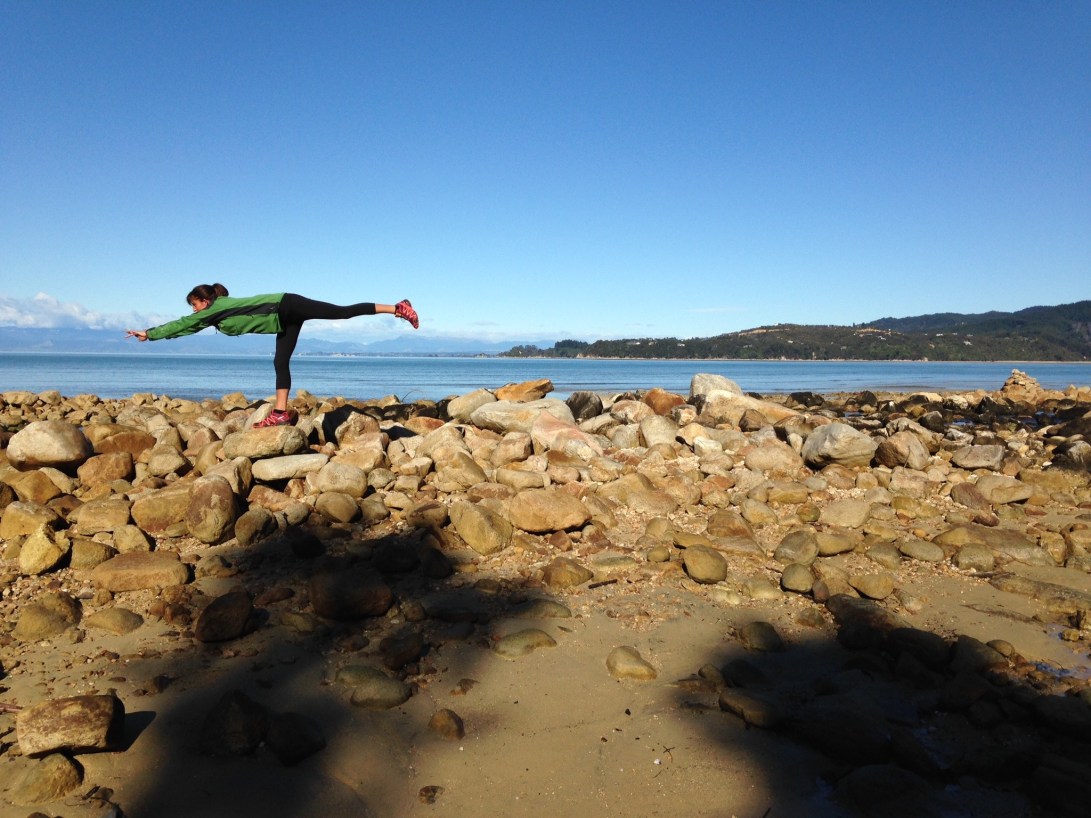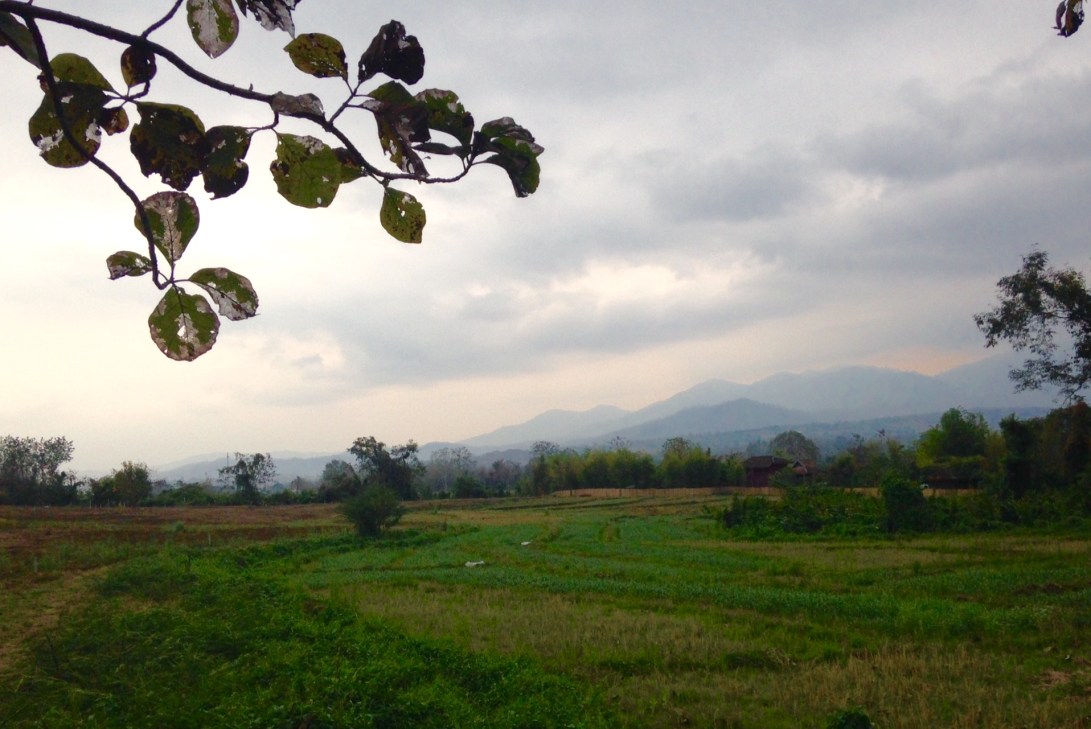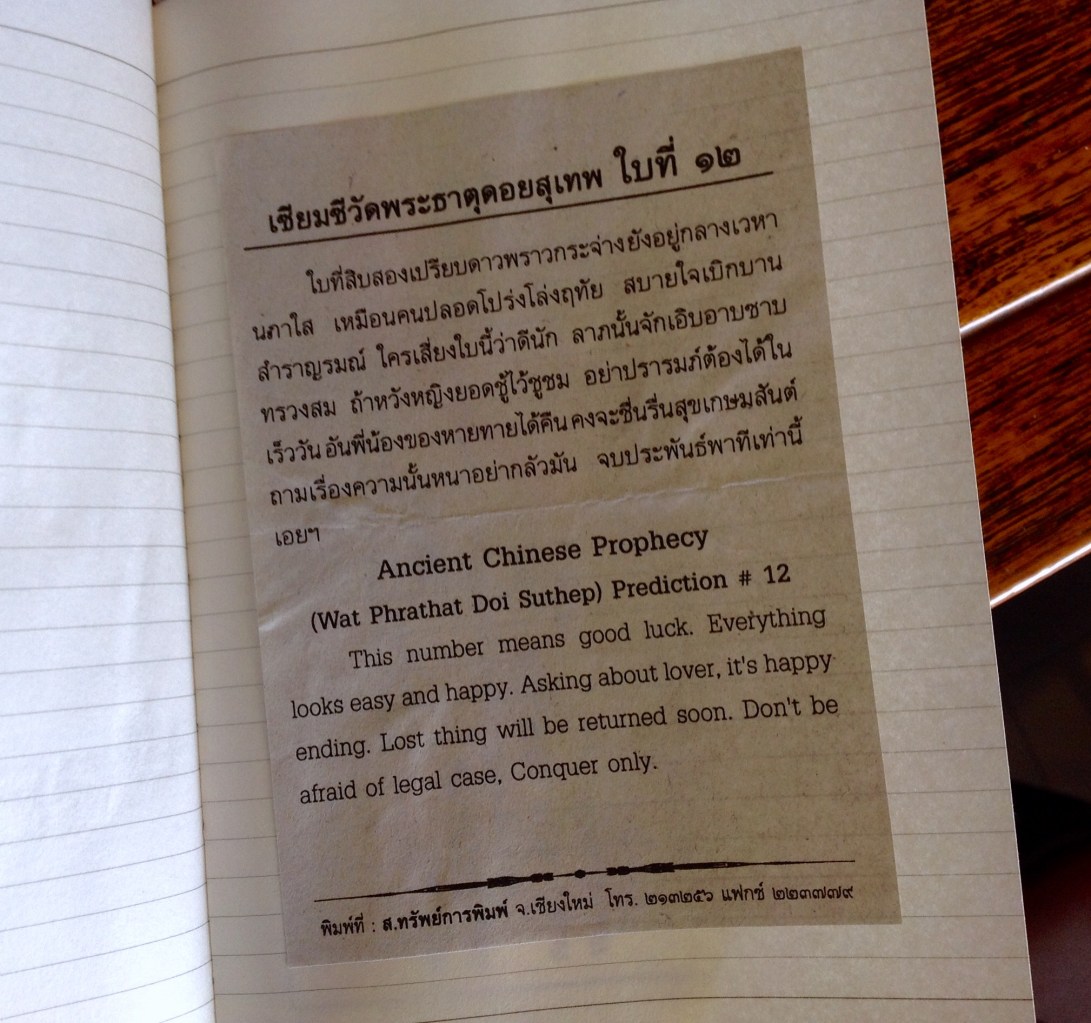
When I started this blog, I warned you that there would be clichés. And now, looking back on my experiences and the lessons I’ve learned – especially over the past year – I would agree that clichés are clichés for a reason. For the most part.
Today’s cliché in question?
They say practice makes perfect.
And that makes me laugh. Perfect – what a funny word.
I’m not saying that this cliché is wrong, per say. Surely there’s a reason it’s in the cliché bucket with the best of them. However, it’s a controversial one and worth a beat of consideration. At the very least, it would appear that this cliché has some fatal flaws, because as much as we practice whatever it is we’re practicing, life will never be “objectively perfect”.
That’s easy enough to grasp. Case in point: You like racecars and I like unicorns. You request that we spend the day together at Racecar Land, and since I care about your Happiness, I agree. Hardly perfect, because I’m not getting my unicorn fix.
Or, wait a minute. Maybe I’m missing something. Maybe it is perfect in some respects because I clearly value my time with you and you’re happy and I’m happy and everyone’s happy so we can enjoy the day together. And next time we can go do unicorn things together.
And that will be perfect, too. Unless I’m too tired or broke to go to the Unicorn Park, in which case the perfect scenario might be sipping some wine and just watching unicorn animated series clips on You Tube…?
Or maybe I’m overthinking all of this…?
Clearly, the more we think about the concept of perfect, the more “perfect” seems to elude us. This isn’t rocket science, and I’m certainly no genius for proposing that overthinking is a common source of human agony.
But here’s an idea – another no-brainer, pun semi-intended – what if we just turn off the mental ignition? What happens then? And what happens to our naïve, limited, and rigid notions of what perfect could or would or should be?
Here I’ll pause and take a moment to reflect on some recent personal experience that has led me to flesh out this topic in a blog post.
#currentstate: Just arrived back to the USA after nearly a full year of solo international travel. Much of this travel unfolded organically and involved limited advance planning, if any at all. During the course of this year I felt like I learned and grew a lot. My journey included all of the good stuff you might expect me to say – I tapped back into joy and curiosity, learned about patience, humility, and gratitude, learned to like myself more, go with the flow, test my limits, etc. It also included a lot of the “bad” stuff that you might expect me to say but no one really wants to hear about – at times I felt lonely and scared and completely confused, I got sunburned and sick and got bed bugs more than once and found myself in a few hairy interpersonal situations.

But then that takes us right back to the former list of “good” stuff, because the “bad” stuff isn’t really bad at all. You learn from it and grow from it and all the other good stuff you might expect me to say. And relatively early on, I felt so excited about all this good stuff that I started this blog to gush about my feelies, which is what brings us here today.
I don’t mean to sound sarcastic, because I’m eternally grateful for all of these experiences – good, “bad,” or otherwise. And at the end of the day, I wouldn’t trade them. However, coming “home” has been a reality check and a half, and I guess part of me was hoping that it wouldn’t be.
Toward the end of my year on the road, I thought that I’d arrived at some higher mental and emotional state of “consciousness.” I felt peaceful and balanced, and I was usually able to get a mental distance from the constant noise that used to blast through the loudspeaker on my overthinking machine. I had more clarity on what I value and I felt that I was getting good at being the best version of myself.
While I certainly had grown and changed, it’s clear that I was seriously mistaken about a few things. Consciousness is not a state of arrival – it’s a staircase, as Tim Urban beautifully articulates in the blog “Wait But Why” (see link at bottom of post for further reading). Not only are we all standing somewhere on the Consciousness staircase, but also it’s pretty easy to take a step up or a step down at any given moment.
In any case, going home is a big event among long-term travelers, and I’d heard a lot of talk about it. Most people said that it was interesting – that things were mostly the same and that you just looked at your life situation a little differently. Some people warned that it was depressing and that I’d feel like everyone around me was constantly stressed and that hardly anyone ever smiled. I was warned that it was a difficult transition – I’d have to be careful not to get caught up in others’ drama, chaos and negativity.
While I expected to experience a tangible transition of some kind, I thought these warnings were a little extreme. I didn’t appreciate their tone, which seemed a touch negative. It’s not like there are only two classes of people – the travelers and the “reality dwellers” – there are happy and sad and peaceful and stressed people anywhere you go all over the world. Aren’t people just people, after all?

Furthermore, even if my surroundings were negative or stressful or chaotic, surely I was above all of that now. I was a seasoned traveler with a hard shell. I was positive and adaptable. I was self-sufficient and I enjoyed my own company. Regardless of what was around me, I wouldn’t just survive – I would thrive!
It’s not that I was being cocky – after a year of throwing myself to the wolves, my ego was more in check than ever. I just couldn’t wrap my head around a state of being other than the confident and calm one that I’d grown into. With what I can best describe as optimistic curiosity, I pondered what my own return home would be like from a mental distance.
Sure enough, and just as any reasonable person might expect, my familiar old stresses and anxieties were there to greet me when I returned home. It didn’t happen immediately, but after a few weeks of shifting back to “normal” life, things caught up to me. I observed my peers with their Masters degrees or their stable careers or engagement rings or their children or whatever else society might think an educated 28 year old woman should have, and these crippling comparisons eventually found their way to my front door.
What was I going to do now? Where did I want to live? Now that I refused to “settle,” what kind of work would be worth pursuing? Who would I end up with – or would I remain a lone wanderlust forever? On and on.
However, no matter how often these thoughts cropped up, I refused to indulge them – I knew better! Didn’t I? Surely all of those hours of meditation had been for something. So, when worry came knocking, I quickly seized up and rushed to slam the door. And then lock it. And then triple-bolt it.
What I didn’t realize was that I’d left the back door open.
Flashback to another recent experience that helped inspire this heifer of a blog post. During the last two weeks of my travel, I stopped in France to visit my good friend Greg who had just returned home after a year of travel. Needless to say, we had a lot to talk about as my own Big Event drew near.

For the most part, what Greg shared with me was interesting but not surprising –he said that many things were the same, and that he’d just grown up a lot.
However, somewhere in the stream of conversation, he said something that really stuck with me. We were talking about mindset and attitude, and Greg commented on how he didn’t think most people had the courage to put their brains in park.
I don’t think Greg meant this as some colossal conclusion, but the statement was so beautiful and simple and true. The concept of putting one’s brain in park, like a car. I liked the idea and I liked the way it sounded rolling off my tongue. I knew the quality of my experience moving forward might largely depend on my ability to “put my own brain in park,” and I hoped I would have the courage.
Anyways, when I did finally return home just over a month ago, I kept Greg’s words in mind.
Hear ye, hear ye! It was decided. From now onward, my old buddies Worry, Regret, Fear, and Anxiety would have no place in my mental space. I would live peacefully and openly in what would become a life-long series of perfectly present moments…
I knew this goal sounded lofty, but all I needed to do was practice! After all and as we all know, practice makes perfect.
And that’s when I started chewing on this absurd concept of Perfect that many of us hold so dear.
Clearly, I have a tendency to romanticize and glamorize and future fantasize. But, I think it’s safe to say that I’m not alone here. I also think it’s safe to say that I’m not alone in being hard on myself.
Before I continue, it’s also important to acknowledge the huge value of living mindfully and being Present. It’s no wonder that yoga and meditation are growing ever more popular in our busy, busy lives – I know they are lifesavers for me.
However, with all the talk out there about Living in the Now and Being Present and Mindful Living, it seems wise to address how exactly we go about doing this. Which brings us once again to the concept of Practice.
The other day, I was in deep conversation about all of this juicy Life Talk with my dear friend Kendall. She tossed a new idea onto my plate that was good food for thought. In discussing what had effectively become a crusade to Live in the Now, Kendall asked why this should involve stuffing away my “unwanted” emotions. Instead of locking the door on Worry and Anxiety, why didn’t I just let them sit in my mental living room when they paid a visit?
I had to sit with this concept for a while. How could I be here enjoying the Now if my mind was in the future or in the past? However, what I hadn’t realized was the paradoxical pressure I was putting on myself to live in some absurd utopian mental state. The more I let her words sink in, the more unnatural it seemed for the path to peace to be so…stressful.
Kendall had a valid point – there was a clear difference between letting my emotions sit and allowing them to control my reactions. The other option of ignoring my emotions completely hadn’t gotten me very far.
When I first returned home and people asked how I felt, I slapped a smile on my face and cheerfully said, “it’s great! It’s just the beginning.” I meant these words and knew there was truth to them, but in many ways I was also trying to convince myself that “things would be ok.” I’m pretty sure I looked like a lost puppy half the time.
Now, I realize that these words are true in ways I didn’t initially intend.
Living peacefully does take practice, and it is a practice of it’s own. It’s important to be present when focusing on the tasks at hand and to feel gratitude for our blessings. However, in each of our daily practices towards being the best versions of ourselves, it’s also critical to re-evaluate our skewed concept of Perfection.
Newsflash: life is imperfect and so are we. Surprise!
If perfection does exist, there seems to be a catch.
The Perfection Paradox: judgment and expectation are often what craft our ideals of perfect, in some way or another. But, it’s only when we strip these away and enjoy our experiences for what they are that we get closest to whatever perfection might look like.
Effectively, we come closest to perfection when we put our brains in park. Sometimes this means allowing whatever emotional passengers may be along for the ride to just relax right there with us.
It sounds so easy, but I think Greg was right when he said that it takes courage.
Do you have the courage to put your brain in park?
I bet all it takes is a little bit of practice.
As promised, here’s the link to Wait But Why and the wonderful writings of Tim Urban along with Andrew Finn and supported by Alicia McElhone: http://waitbutwhy.com/
Click here to read the specific post about Consciousness and its many stairs.
Cheers and happy reading.






 Neither of these instances may seem particularly outstanding, but they’re not supposed to be. My point is that people are people. Strangers all over the world have gone above and beyond to lend me a helping hand. Time and time again, they invest themselves in sharing seemingly small or insignificant moments with me. These moments often keep me going, even when the going is easy and I’m already feeling good.
Neither of these instances may seem particularly outstanding, but they’re not supposed to be. My point is that people are people. Strangers all over the world have gone above and beyond to lend me a helping hand. Time and time again, they invest themselves in sharing seemingly small or insignificant moments with me. These moments often keep me going, even when the going is easy and I’m already feeling good.








